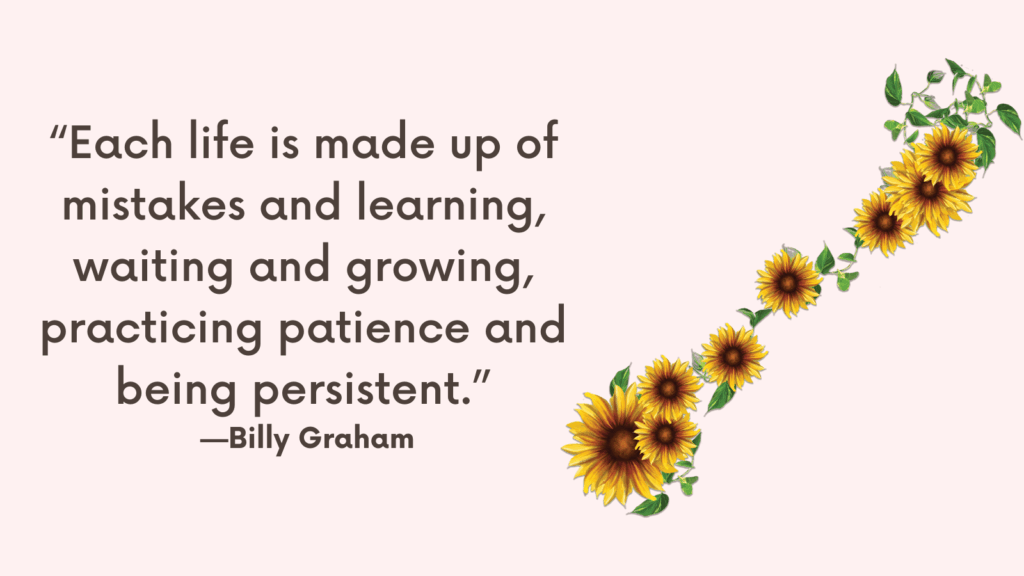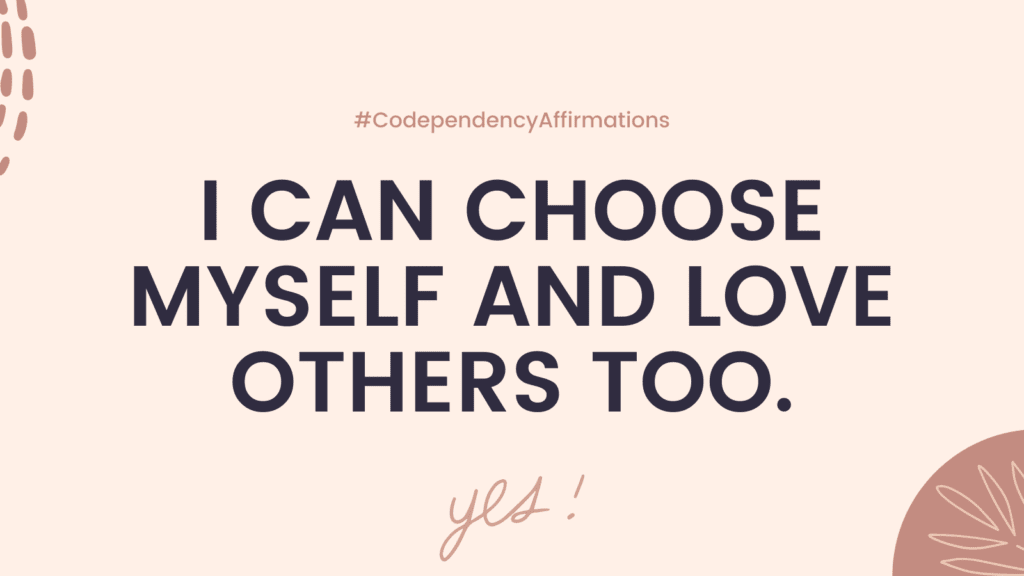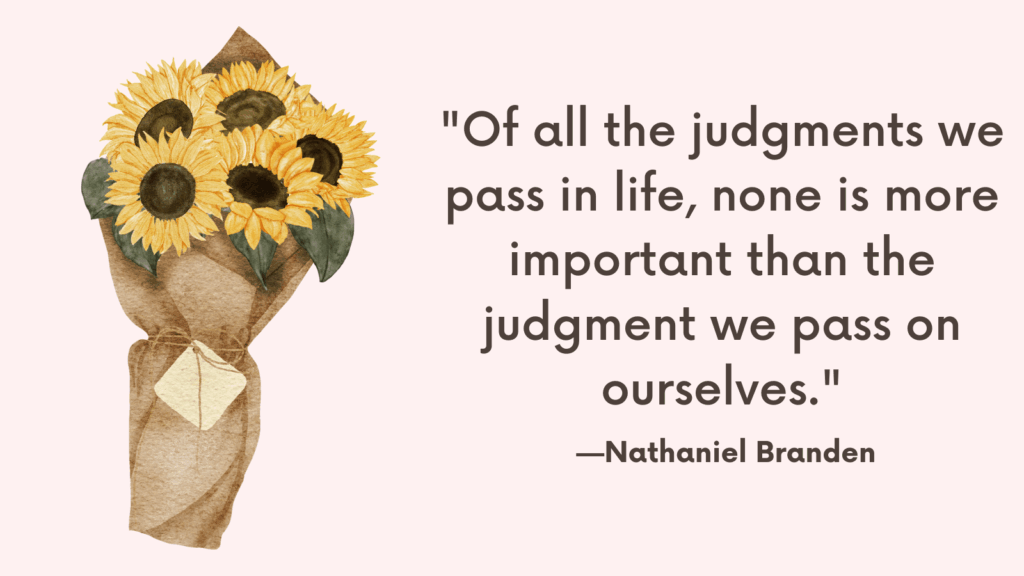“How confident am I quiz” will help you assess your confidence and the practical tools below will help boost your confidence.
How Confident Am I Quiz
Results
#1. Do you believe you are equal to everyone else, not better and not worse?
#2. Do you assertively express your needs?
#3. Do you have a positive outlook on life in general?
#4. Do you say no when you want to?
#5. Are you aware of your overall strengths and weaknesses and accept them?
#6. Do you usually know that you might fail, but still try?
#7. Do you have an external locus of control (i.e. you believe you have control over your life or what happens to you and thus believe that you can fix your problems)?
#8. Do you usually trust yourself and stick to your choices?
#9. Is your self-talk (about your appearance, skills, or personality) positive in general?
#10. Do you tend to feel motivated to set and pursue your goals?
#11. Do you usually take care of your body and appearance?
#12. Do you usually push yourself outside of your comfort zone to do the things that matter to you?
This quiz is for informational purposes only. It is not meant as a diagnostic or assessment tool.
Results
The questions above represent common signs of confidence. The higher your score, the more confident you are.
What Is Confidence?
The American Psychological Association defines confidence as “a belief that one is capable of successfully meeting the demands of a task.” (*)
Confidence is when you believe in yourself.
It’s the conviction that you have the ability to take appropriate and effective action in any situation and meet life’s challenges —and the willingness to act accordingly.
How does confidence look like in practice?
You may find yourself about to start a project and not feeling like doing it at that moment, only to find yourself feeling okay about it once you start it and maybe even glad that you tackled it. That shift in attitude is what confidence looks like in practice.
Related: Raising low self-esteem: 18 Ways to Build High Self-Esteem
How Confidence feels like?
Confidence is not about feeling good or feeling like you know all the answers.
Confidence is the feeling that it’ll be okay.
Confidence people are okay with not feeling comfortable or fully relaxed performing a challenging activity, but they are able to perform despite the fear.
Confidence is a learned skill. (*) (*)
How To Carry Yourself With Confidence?
#1. Release The Confidence-Draining Beliefs
Before you can boost your confidence, you need to let go of what’s preventing you from feeling confident in the first place.
Many psychologists believe that we are born confident, and somehow along the way we let people and circumstances get in our way.
Perhaps you compare yourself unfavorably with others. Maybe you believe that only rich people or extremely good-looking can be confident.
The problem with these negative beliefs is that when you act as if they’re true, they become a self-fulfilling prophecy.
Take a few moments to write down your negative beliefs around self-confidence and what you think is preventing you from feeling confident. Then answer the following questions for each assumption you wrote:
· Do I have experiences that would contradict my beliefs in any way?
· What evidence do I have that what I believe is actually true?
· Am I falling into a thinking trap (e.g., catastrophizing or all-or-nothing treatment)?
· What would I tell a friend if he/she had the same thought?
· Am I confusing a belief with a fact?
· Am I basing my conclusion mostly on my feelings or on the true evidence?
Related: How to Challenge and Change Your Negative Core Beliefs?
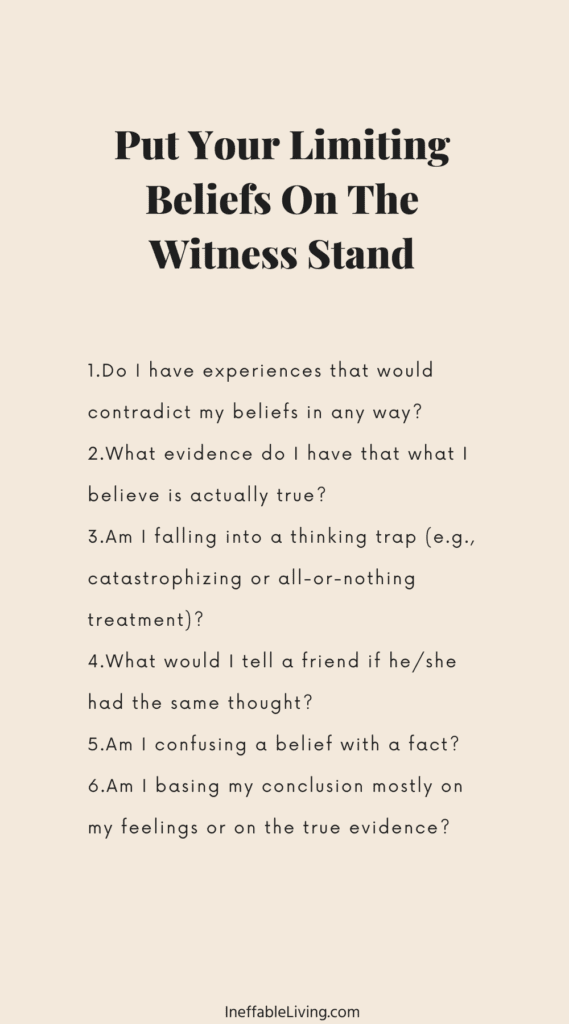
#2. Tame Your Inner Critic
What do you often say to yourself about yourself? These are your inner voices.
For most people these inner voices are critical and judgmental, like “Are you good enough?” or, “Don’t you think you should know your place?” or, “You’re a fraud.”
How can you tame your inner critic?
1. Stop listening and start talking. Challenge your negative thoughts about yourself and rationalize them.
2. Imagine a friend in the same situation having the same thought. What would you tell him? Say it to yourself.
3. Imagine the inner critic voice playing on your CD player, then visualize yourself turning the volume down or flicking the off switch. Take the CD out, break it, and throw it away.
Related: 10 Powerful Techniques To Control Your Negative Thoughts
#3. Recognize Your Strengths
Confident people hold themselves in positive self-regard. They acknowledge what they are good at and use that to boost their ability to take on greater challenges.
Recognizing what you’re good at is the easiest way to boost your confidence.
Moreover, recognizing your strength can make you less judgmental toward yourself. For example, if you recognize that you’re good at sports, you won’t beat yourself up for not being good at music.
Make a list of your strengths and the things you’re good at. If you can’t think of many, think about the compliments you received in the past.
#4. Gather Feedback
Feedback from others is another shortcut to boosting your confidence.
If you’re not in the habit of asking people to give you feedback on how you’re doing, you might be amazed at what you learn about yourself by doing so.
Ask people you trust and who have known you for a while for honest feedback about yourself. you can use the following questions:
- What am I good at?
- What should I do more of/less of?
- Where do you think I can improve myself?
Use the feedback to acknowledge your strength and set goals for yourself.
#5. Use What You Already Know
Another shortcut to boost your confidence is to extract some useful advice from your past.
Think of times you felt most confident
This will give you an idea about what works for you and what you need to do more of to feel confident.
Think of times you felt least confident
Those moments can give you information on what drains your confidence so you can avoid these triggers or address them so they won’t drain your confidence.
Related: 45 Easy Self Care Day Ideas at Home for a Healthy Mind, Body & Soul
#6. Picture the Life You’d Like to Live
Imagine having all the confidence you need to achieve all your goals. Think about how you’d want your life to look like. And imagine …
- Where are you?
- Who are you with?
- What are you doing?
- What skills do you have now?
- What did you achieve with your newfound confidence?
Hold the picture for yourself and allow yourself to feel the emotions that come with it.
Related: How to Find Your Purpose and Passion in Life?
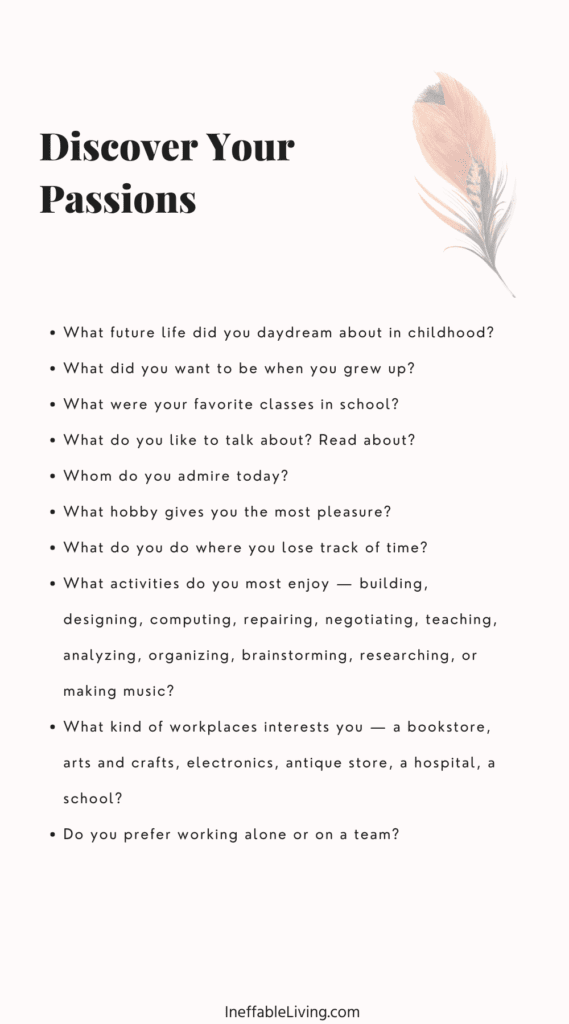
#7. Focus on what matters to You
As you become more confident, you begin to focus on what’s really important to you rather than bowing to the pressures society places on us.
Start now by asking yourself, “What really matters to me in my life right now?”
For example, spending more time with your family might be a priority, or perhaps a successful career is your top priority.
Make a list of your priorities and consider them before setting goals for yourself.
Related: 5 Easy Ways To Simplify Your Life, Be Healthier and Happier
#8. Live More Authentically
When you become more authentic, you allow yourself to choose your thoughts and actions based on your needs and desires, without the need to consult or ask permission of others – even in your head.
- You stop pretending to be what you’re not
- You stop pretending to care about things you don’t care about
- You stop pretending to believe in things you don’t believe in
- You start to be what you are
- You start to care about things you care about
- You start to believe in things you believe in
Ask yourself, “What do I really want to stand for?”
Related: How To Find Happiness Within And Become Your Best Self?
#9. Choose Your Role Models
One way of speeding up the trial and error process is to find a role model – someone doing the things you want to do.
Choose a role model and read their autobiographies or personal accounts of their success.
Keep in mind that even heroes have their flaws and shortcomings. Make sure you don’t fall prey to the halo effect that happens when your perception of someone is positively influenced by your opinions of that person’s other related traits.
#10. Find Balance
If you’re constantly busy and feeling overwhelmed, you’ll start to feel off-balance, which will eventually negatively affect your sense of confidence.
Try to balance between busy time and rest time.
Remind yourself that busyness does not equal effectiveness.
Here are some signs to help you realize when you’re in danger of being off-balance:
- You run late for meetings and appointments or miss them altogether.
- You get easily distracted
- You often can’t recall what you were doing.
- You start many projects without finishing any of them.
- You lose or forget things like your keys or your phone.
- Your house or office is a mess.
- You snap at people you care about.
- Your eating habits are poor – you skip meals or eat late at night.
Related: Wellbeing In The Workplace: 6 Ways to Improve Your Mental Health and Reduce Stress at Work
#11. Get In Touch With Your Emotions
Your emotions serve a purpose: they give you vital information about what is happening to you and around you.
By listening to your emotions, you become able to take effective action rather than reacting to other people and circumstances.
As you refine your awareness of your emotions, you heighten your observation of what triggers a change in them – whether for good or bad.
Try mindfulness practices to get in touch with your emotions.
Mindfulness, or present moment awareness, is about focusing on the present moment experience (thoughts, emotions, bodily sensations, and environment) without judgment.
Related: Regulate Your Emotions: How To Manage and Control Your Difficult Emotions?
Mindfulness Practice
1. Start focusing on the present moment by anchoring your attention on the breath for about two minutes.
2. Once you feel anchored in the present moment, notice what automatic thoughts are running in your head and what emotions can you feel.
Some of these thoughts may include “I’m worrying about how long I will be anxious,” or “What can I do to get out of this low mood.”
3. Acknowledge the thoughts and emotions you’re experiencing without judging them as right or wrong, and without trying to fix or change anything. Allow yourself to stay present with it.
After this practice, you may notice that your thinking is clearer, now that you created a space between your emotions and yourself.
You may be able to see that there are some actions that you can take to feel better. You may also realize that you don’t have to do anything.
Related: 15 Easy Mindfulness Activities to Help You Deal With Anxiety, Depression, and Trauma
#12. Start Taking Care of Yourself
Confident people make their needs a priority.
Notice if you’re spending most of your time trying to meet everyone’s needs that you forget to look after yourself too.
How do you know if your needs are being met?
Notice whether you sleep well each night, eat healthy food, exercise, enjoy healthy relationships, spend time pursuing your interests. If not, then consider setting some limits around your time and schedule more time to take care of your needs.
Related: How To Manifest Self Love? Best 9 Ways To Grow In Self-Love

#13. Use Affirmations Every Day
Choose a list of affirmations to repeat to yourself every day in front of a mirror or while meditating.
The following are some examples:
- I am brave and confident.
- I trust myself and others trust me.
- I can handle the situations in my life.
- I’m in charge and I decide.
- I am surrounded by love and abundance.
- I begin the day with free-flowing energy and health.
Writing affirmations down can help you absorb these affirmations faster.
You can also use affirmations with a partner or a friend by saying it to them, “You are confident, Grace.”

References
- Portions of this article were adapted from the book Building Self-Confidence for Dummies,Brinley Platts and Kate Burton. All rights reserved.
- Confidence | Psychology Today
- Frontiers | Confidence—More a Personality or Ability Trait? It Depends on How It Is Measured: A Comparison of Young and Older Adults (frontiersin.org)
- (PDF) Self confidence, and the ability to influence (researchgate.net)
- Building Confidence – PMC (nih.gov)
